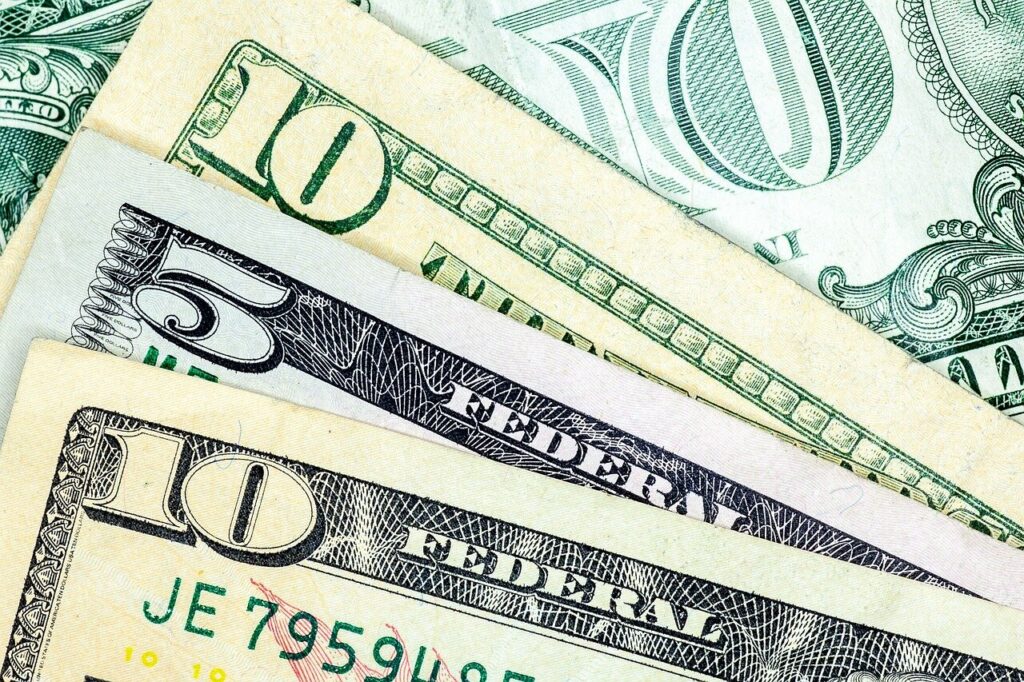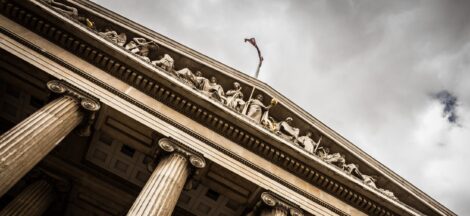The Federal Register has unveiled a $600 billion lending program for small and medium-sized businesses.
The Main Street Lending Program, which was announced earlier this month, is part of a broader set of actions from the Fed that would provide up to $2.3 trillion in loans to support the economy during the COVID-19 pandemic.
As part of the emergency program, banks can make new loans or use Main Street loans to increase the size of existing loans to eligible businesses. The Fed will purchase 95% of the loans through a special purpose vehicle, which will purchase up to $600 billion in loans.
Eligible Companies
The program is designed for businesses with up to 10,000 workers, or with 2019 revenues of less than $2.5 billion, and that were in good financial standing before the crisis. Non-profit entities are not eligible for loans.
Businesses seeking Main Street loans – both new and extended loans – must commit to make reasonable efforts to maintain payroll and retain workers during the term of the loan. Borrowers must also follow compensation, stock repurchase, and dividend restrictions that apply to direct loan programs under the CARES Act, such as:
-
no employee whose total compensation exceeded $425,000 in calendar year 2019 can receive compensation higher than that individual received in 2019, beginning the year of the loan and for up to 1 year after the loan is no longer outstanding. For employees that made over $3 million, compensation cannot be more than 50% of the excess over $3 million of the total compensation received in 2019; and
-
the business cannot pay dividends or make other capital distributions with respect to the common stock of the eligible business until 1 year after the loan is no longer outstanding.
Other requirements include:
-
The business must have been created or organized in the U.S., or under the laws of the United States, with significant operations in and a majority of its employees based in the U.S.;
-
The borrower must commit to refrain from using the proceeds of the loan to repay other loan balances. The borrower also cannot cancel or reduce any of its outstanding lines of credit; and
-
The borrower must attest that it requires financing due to the exigent circumstances presented by the COVID-19 pandemic.
The Main Street loan program is different from the Paycheck Protection Program, a loan program for small businesses that was part of the CARES Act. And unlike the PPP, the borrower will not be considered together with its “affiliates” when determining the size of the business. The is positive for venture capital and private-equity backed companies, which may be shut out of the PPP based on their affiliations.
At the same time, companies that have taken a PPP loan can still be eligible for Main Street loans.
Terms of the Loan
New Main Street loans will be unsecured and have a four year maturity, with principal and interest payments deferred for one year. The minimum size of the loan is $1 million, and the maximum size is the lesser of 1) $25 million or 2) an amount that, when added to the borrower’s existing outstanding and committed but undrawn debt, does not exceed four times the borrower’s 2019 earnings before interest, taxes, depreciation, and amortization.
Like the new loan, the minimum loan size of the extended loan is $1 million. The maximum is the lesser of 1) $150 million, 2) 30% of the borrower’s existing outstanding and committed but undrawn bank debt, or 3) an amount that, when added to the borrower’s existing outstanding and committed but undrawn debt, does not exceed six times the borrower’s 2019 earnings before interest, taxes, depreciation, and amortization.
For both new and extended loans, prepayment of the loan without penalty is allowed. The loans are not eligible for forgiveness.
Feedback
The Fed asked for public feedback on the program, and received a number of comments from law firms and trade associations, among others. Various groups, including the U.S. Chamber of Commerce, the Independent Community Bankers of America and American Bankers Association, have urged for a lower minimum loan amount. The ABA suggested the minimum size be reduced to $50,000.
“Many potential borrowers with a desire to obtain MSLP funds will have needs well below the current minimum level,” the ABA wrote in a letter published April 17.
Another shared theme among many comments was that the Fed’s definition of eligible lenders – U.S. banks and savings companies – was too restrictive. The Loan Syndications and Trading Association was among those that urged for a broader range of eligible lenders.





